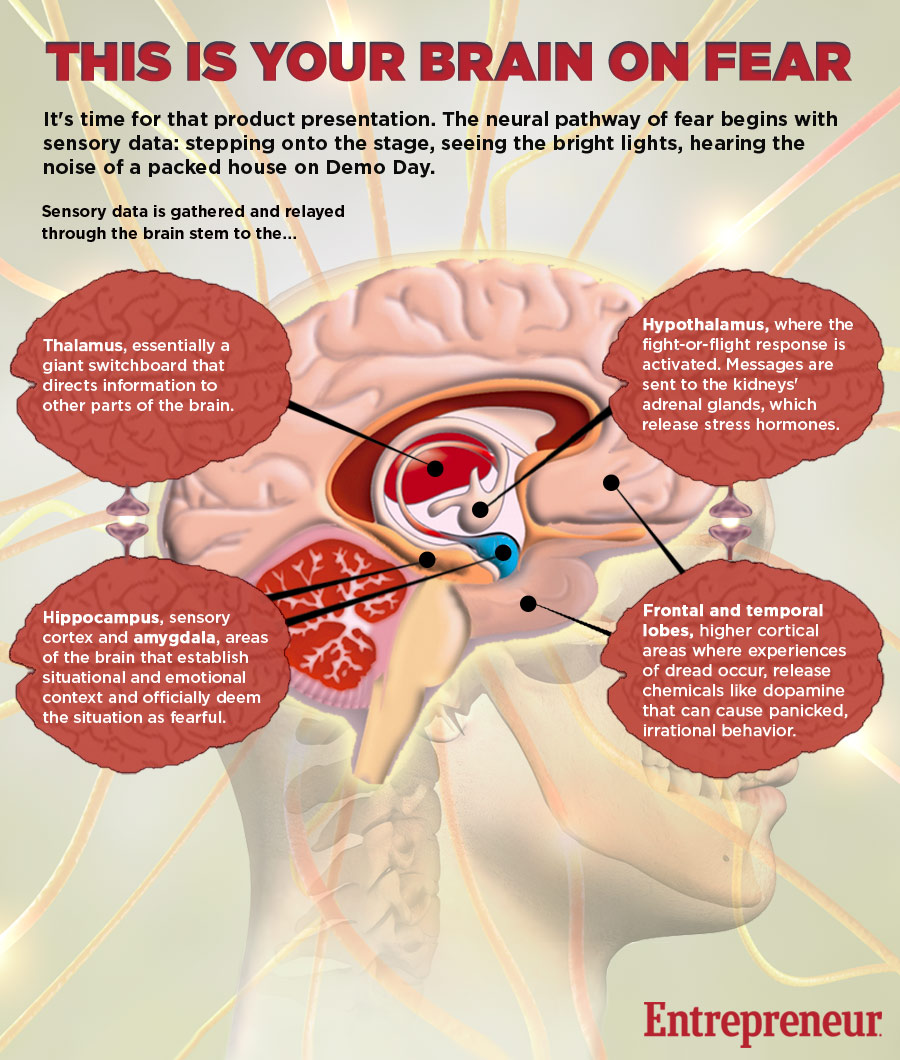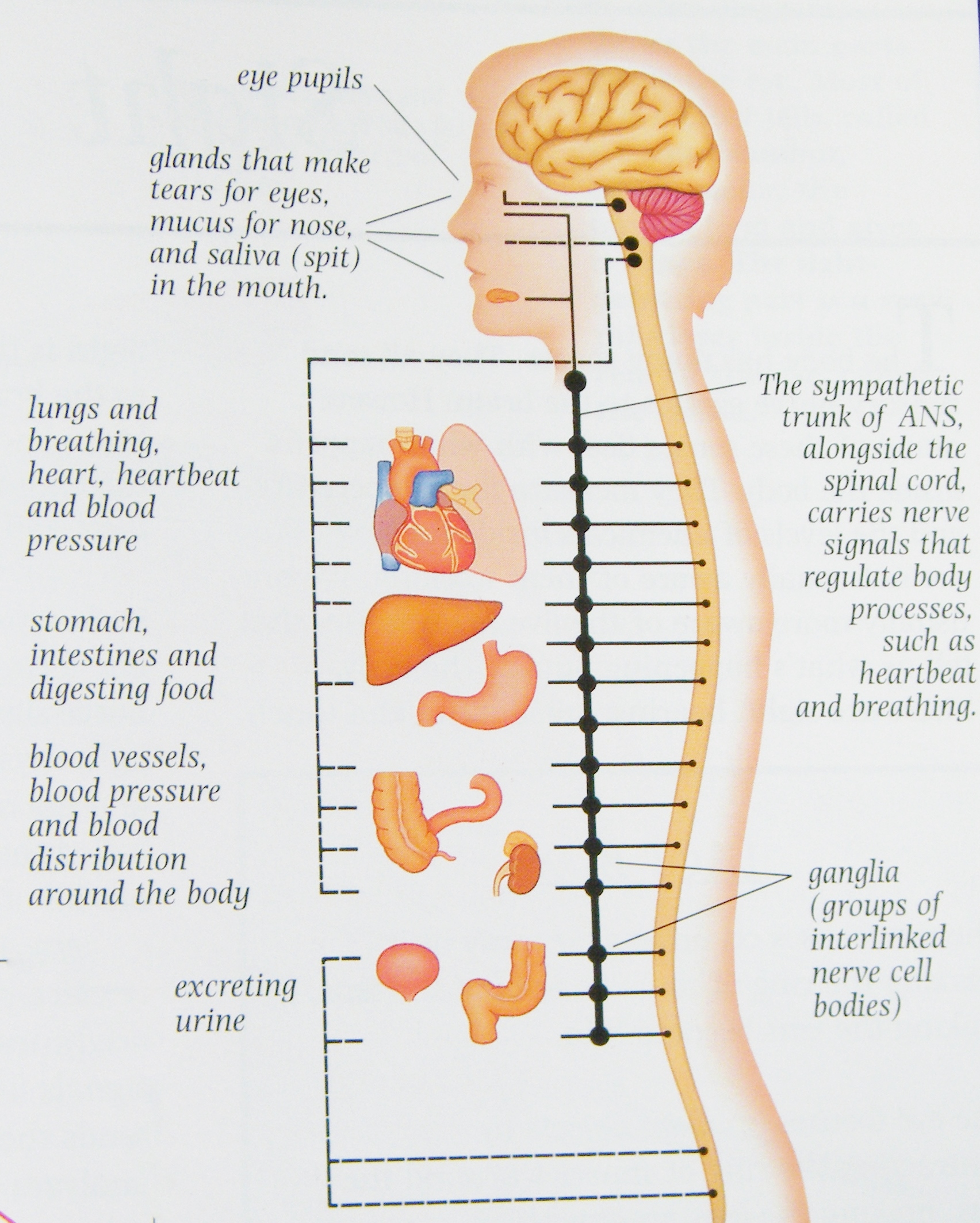Mindfulness and Stress Response
Mindfulness is a state of mind - allowing you to live in the moment and develop self-awareness. But it starts with the body, by honing your five senses through a skill I call the 'body scan'. It isn't a magic wand and it's not the answer to all your troubles, but it's a really powerful way of relieving the symptoms of stress, anxiety, depression, anger, trauma and conflict. At Counselling in Twickenham, EnduringMind, we can, if you wish learn mindful techniques such as focussed breathing and progressive muscle relaxation. During counselling sessions it allows us to remain present and create a healing environment to regulate your emotions and sensations.
How often do we ever make the space to slow down and reflect on what is happening to us right now? To sit in silence and observe ourselves without prejudice - noticing what is happening right now.
For me, the greatest opportunity you have to learn is in relationship with another human being. From the moment we are born, to the moment we die we are in relationship. I do not mean this in any religious sense. I mean it in terms of our friends, families and communities. We are conceived and grow in our mother's womb in relationship. We are aware of her heartbeat, her breath and even the tone of her voice when she speaks. On being born, we develop closeness and intimacy with our caregivers on whom we depend for food, shelter and emotional wellbeing. We form attachments in order to love, learn and survive in the world. Our caregivers help us to develop independence and regulate our emotions as we grow. As adults we go on to form sexual relationships and have families. Without relationships we would wither and die.
As a counsellor in Twickenham, EnduringMind, I offer mindfulness counselling as a solution to stress and anxiety. I believe in helping clients develop a better relationship with themselves and others. This requires self-acceptance. Becoming more compassionate in the way we take care of ourselves and find secure attachments with others. This means a major aspect of counselling is how you and I develop a therapeutic relationship based on trust and our common experience of being human. It's a way of collaborating and moving forward - recognising your value and self-worth. This means that mindfulness is at the heart of what we do - observing conscious and unconscious processes, paying attention to the body and mind, transforming negative emotions and thoughts.
By using these techniques, I aim to help you develop independence and self-empowerment. We will use a range of methods to encourage you with the conditions for psychological and emotional change as well as learn about the neuroscience of the brain. There is a great deal of evidence (J. Kabat-Zinn, 2010; D. Siegel, 2001; L. Cozilino, 1999) that the mind and body are interwoven through our neural networks, which creates the continuous flow of chemical messages and bio-neural feedback. For example, we know the interplay between the sympathetic and parasympathetic nervous system, regulates our arousal levels and states of anxiety, anger and fear. It alerts us to danger and allows us to come to rest.
Through mindful exercises you can learn how to overcome your knee-jerk reactions to fear, anger, anxiety, depression, sadness or grief by maintaining a conscious awareness of what is happening to you now. Learning to pay attention to our bodies, addressing states of anxiety and relieving ourselves of stress. It means learning to regulate our emotions, self-soothe and adopt a more balanced state of relaxation. It can offer you a practical way of using reflective states to transform how your body and mind responds to negative and stressful stimuli. This gives you some degree of mastery over your own impulses.
Neural pathways in the brain and body
The diagrams below are designed to show you how the 'fight and flight' response creates the conditions for stress and anxiety in the brain and the body. It shows how different regions of the brain are triggered and interact to cause anxiety and alert you to a potential threat or the source of the threat. The diagrams also show how your brain then sends certain neurotransmitters or chemical signals to the body through the sympathetic nervous system; putting us on high alert and creating feelings of extreme discomfort and distress. Mindfulness techniques in counselling aim to teach you how to consciously stimulate the parasympathetic nervous system and relive yourself of these anxious feeling and symptoms.


How do I get off the treadmill?
What is the point of Mindfulness?
It’s a good question. And one I have been asked many times before at Counselling in Whitton, EnduringMind. The point of mindfulness is to let go of the emotions and thoughts that cause you suffering. By being in the moment, we may begin to let go of distressing memories and no longer seek to project our anxieties into the future. In this way, we do not compartmentalise different aspects of ourselves, which may lead to fragmentation or feeling detached from ourselves. We can listen and respond simultaneously to our whole being – physical sensations, emotions, thoughts, memories, beliefs, relationships and spirituality. This can help you develop a better relationship with yourself; offering you a chance to be attuned to your instincts & trust in the confidence of your own reflections. Ultimately it's a chance to rediscover your true Self.
Learning these techniques in counselling can help you become more aware of your stress and how to relieve yourself from the physiological and psychological symptoms it creates. Stress is a normal physiological response to events that make you feel threatened or fearful. First the sensations of stress are picked up by the amygdala, such as a loud band, shouting, violent threats. If the amygdala is overwhelmed by the sensory stimuli or physical sensation and believes it is a threat to life and limb it by-passes the hippocampus which has embedded memories for dealing with such threats. Bypassing the hippocampus triggers your sympathetic nervous system, which upsets the balance of hormones (such as adrenalin, cortisol, serotonin & oxytocin) in your body and brain. Too much adrenalin and cortisol means stress levels remain high causing hypervigilance (Dr J. Brothers, 2006). While high levels of endorphins and serotonin allow the brain to find relief and pleasure from stress. When you sense danger—whether it’s real, perceived or imagined—the body's defences kick into a rapid and automatic process known as the “fight-or-flight-or-freeze” response, or the stress response. These physiological states can be seen in the diagram above. The sympathetic nervous system stimulates "fight-or-flight-or-freeze"; while the parasympathetic nervous system creates the conditions for relief, rest and relaxation as a sense of balance and homeostasis is restored to the body.
Once the sympathetic nervous system is triggered, this can also lead to psychological stress where the brain enters a hyper-vigilant state. Your thoughts start racing and you begin to worry disproportionately to any problem. You may experience high levels of paranoia and panic, as anxiety feeds on itself. This triggers the sympathetic nervous system over and over until you become overwhelmed.
Emotions which may cause stress and trigger the sympathetic nervous system, when they become too intense are anger, anxiety, fear, sadness, grief, frustration and rage. All of these emotions are normal and can be expressed without harming yourself or others, but not if they have built up inside or become explosive. The trick is addressing them earlier with activities which alleviate the symptoms of physiological and psychological stress e.g. rest, relaxation, focussed breathing, meditation, regular exercise and paying attention to your body’s sensations (J. Kabat-Zinn, 2004). Under normal conditions the stress response is the body’s way of protecting you from danger (e.g. accidents, attacks by wild animals, or a car crash. When working properly, it helps you stay focused, energetic, and alert to respond in emergencies, so that stress can save your life—giving you extra strength to defend yourself, for example, or spurring you to slam on the brakes to avoid an accident.
The stress response also helps you rise to meet challenges by providing you with hormones that keep you roused and alert; giving you the motivation to predict and solve problems, compete at work or meet deadlines. Stress is what keeps you on your toes during a presentation at work, sharpens your concentration when you’re attempting the game-winning free throw, or drives you to study for an exam when you'd rather be relaxing. So low levels of stress are good for you and help you to keep focussed. Beyond a certain point, however, stress stops being helpful and starts causing major damage to your health, your mood, your productivity, your relationships, and your quality of life. When you are overwhelmed with psychological and physiological stress you may become sick. Too much physiological stress can lead to bodily pain and tension, headaches, gastroenteritis, acid reflux, bowel problems and even coronary heart disease as a result of the debilitating effects of the stress hormone, cortisol. Too much stress can lead to psychological trauma (e.g. Post-Traumatic Stress Disorder after a catastrophic episode, or chronic stress from abuse or neglect in childhood, even having a parent who was overly anxious) and result in anxiety, depression, phobias, OCD or PTSD as a result of the diminished ability to self-regulate (Bessel Van der Kolk, 2013).
Self-awareness - learn your response to stress:
At EnduringMind, I help you understand your 'stress response'. It's important to learn how to recognize when your stress levels are out of control, because you are frequently overwhelmed or unable to regulate emotional states. The most dangerous thing about stress is how easily it can creep up on you over time. You get used to it. It starts to feel familiar, even normal. You may become unconsciously addicted to the rush of adrenalin which appears to boost your energy and motivation, but become quickly overwhelmed by intense emotions that ‘appear out of the blue’ e.g. extreme rage, panic attacks or exhaustion. Overtime, you suppress your awareness of stress levels in order to cope (telling yourself you are tough, competitive and alert to hidden dangers) but you don't notice how much it's affecting you, even as it takes a heavy toll. Over time, the range of events which trigger the stress response widen and grow, until the signs and symptoms of stress which overload your system can be almost anything. Stress affects the mind, body, and behaviour in many ways, and everyone experiences stress differently. Not only can overwhelming stress lead to serious mental and physical health problems, it can also take a toll on your relationships at home, work, and school. If you look at your patterns of stress and observe your responses to them – physiological, psychological and behavioural – you will build up a level of self-awareness that will allow you to explore better strategies and ways of coping to relieve our stress. This is what Alan Schore (1999) and Bessel Van Der Kolk (2013) refer to as self-regulation of intense emotional states.
